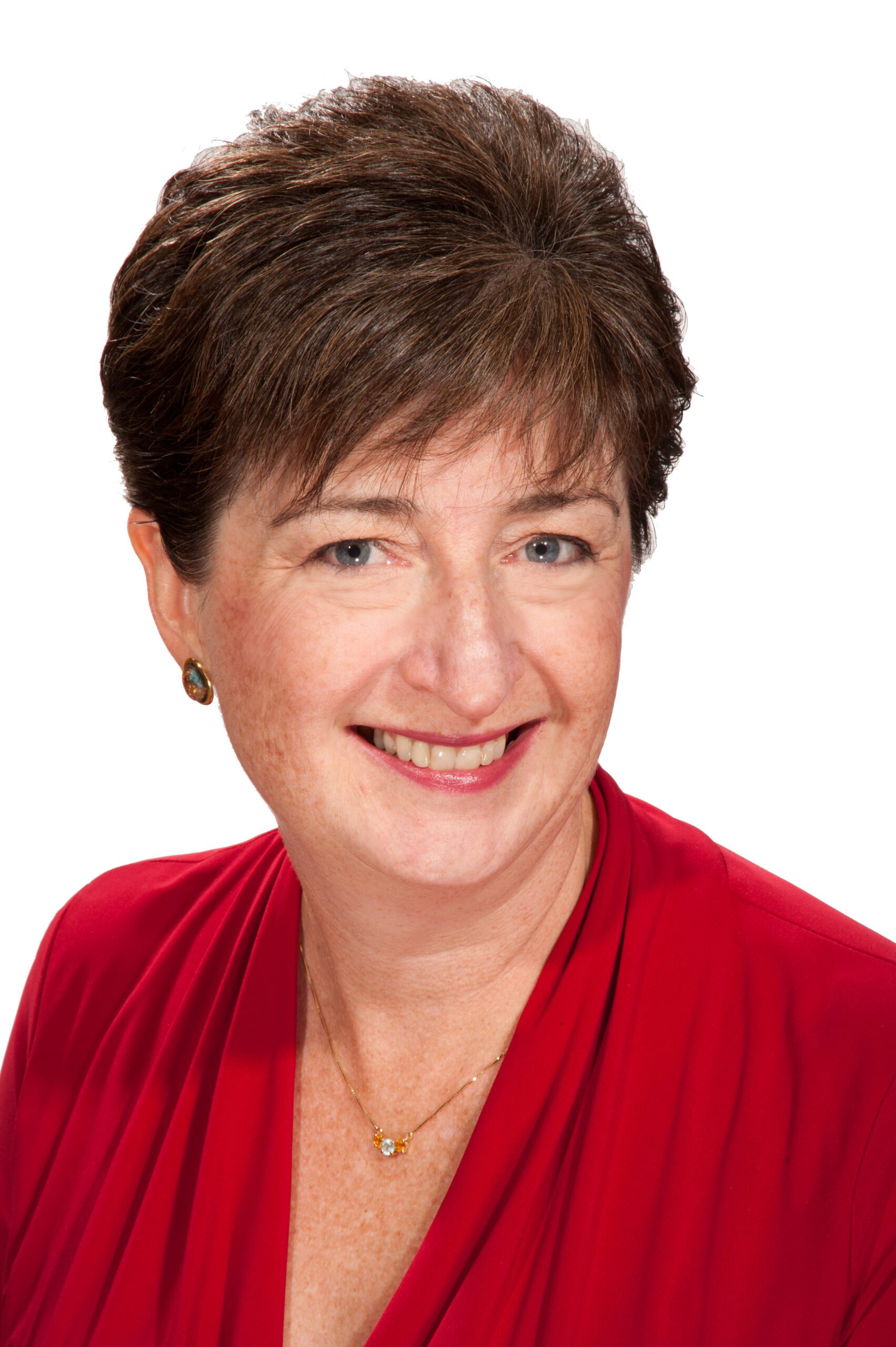With LinkedIn, Facebook, and other social media websites, the importance of a good headshot could not be more critical. However, there are a few do’s and don’ts, which, if you know them, can help you look your best the next time you have your photo taken.
When you have a head and shoulders photo, the image should be about the person, not the clothes. I doubt seriously a clothing manufacturer wants a headshot of the model to sell their shirts—they want to see the clothing predominately.
The reverse of this will help you look your best—the photo is about you, not your clothes and jewelry. So here are a few guidelines about keeping your attention on yourself and not the clothes.

Solid Colors—Avoid Patterns
It keeps the viewer from looking first at the clothing due to the design over the face.
Darker clothing is preferable.
Your eye will go to the lighter area of the photo, which will be the eyes. White shirts are rugged for printers to hold together and make your head look like it is floating on the page without a sweater.

Avoid herringbone jackets
On the web and television, you will get a moiré effect.
Classic over trendy clothing
The classic look tends to stay fresh looking without going out of date as quickly as some of the fashion trends of the day and makes the photo look more current longer.
Simple or no Jewelry
One strand of pearls and matching earrings versus pendants and large earrings help keep the attention on you.

Do you wear casual or a suit for the photo? If you are using the images for business—it is always best to have the case in addition to a simple dress if you choose to use as your primary photo a casual dress. The backup suit photo is because we often need a more serious tone. If your company is going through a merger—the suit photo would probably be a better choice to send out with the PR packet.
As you plan for portraits in the future, it is always best to follow these guidelines and bring two or more outfits to change into. For example, suppose you are part of the company’s executive team. You want to look your best so the company will benefit. Having a few different portraits with different outfits to pick from gives you the ability to choose the best option—and this is what most executives do each day—make choices.

If you need additional help planning your next portrait session—give me a call, and I will be glad to answer any other questions.

